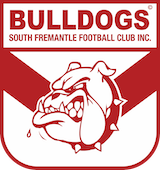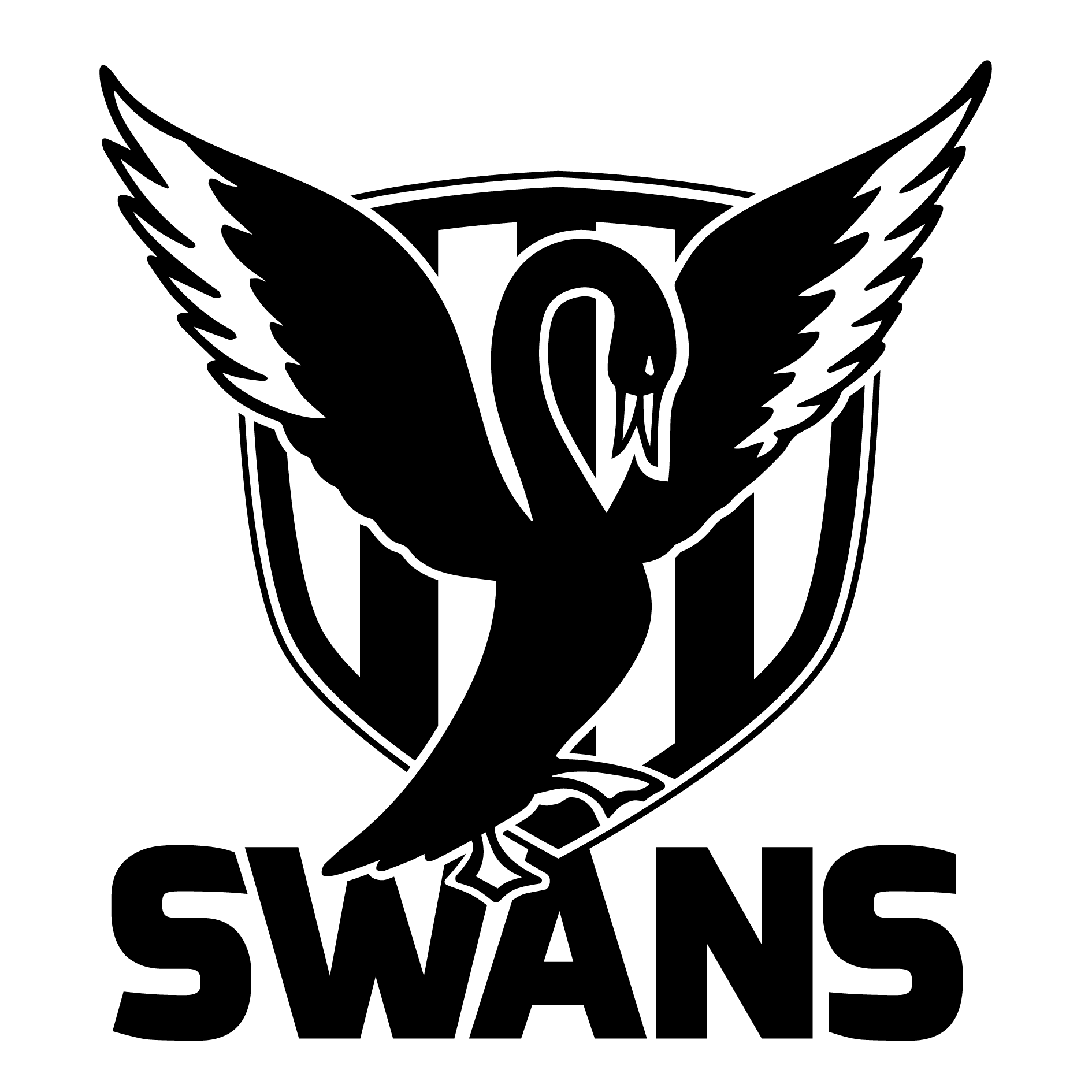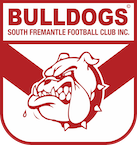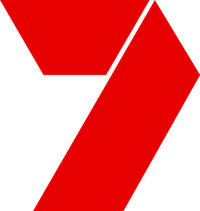Select grade below
- Round 2Sat, 12 Apr 20251:45 PM
 VS
VS Fremantle Community Bank Oval
Fremantle Community Bank Oval - Round 3Sat, 19 Apr 20252:30 PM
 VS
VS Fremantle Community Bank Oval
Fremantle Community Bank Oval - Round 4Thu, 24 Apr 20257:10 PM
 VS
VS Joondalup Arena
Joondalup Arena - Round 5Sat, 3 May 20251:40 PM
 VS
VS Fremantle Community Bank Oval
Fremantle Community Bank Oval - Round 6Sat, 10 May 20252:30 PM
 VS
VS Revo Fitness Stadium
Revo Fitness Stadium - Round 7Sat, 24 May 20252:30 PM
 VS
VS Fremantle Community Bank Oval
Fremantle Community Bank Oval - Round 8Mon, 2 Jun 20251:10 PM
 VS
VS Fremantle Community Bank Oval
Fremantle Community Bank Oval - Round 10Sat, 14 Jun 20252:30 PM
 VS
VS Fremantle Community Bank Oval
Fremantle Community Bank Oval - Round 11Sat, 21 Jun 20252:30 PM
 VS
VS Lane Group Stadium
Lane Group Stadium - Round 12Sat, 28 Jun 20252:30 PM
 VS
VS Fremantle Community Bank Oval
Fremantle Community Bank Oval - Round 13Sat, 5 Jul 20251:45 PM
 VS
VS Fremantle Community Bank Oval
Fremantle Community Bank Oval - Round 14Sat, 12 Jul 20252:30 PM
 VS
VS Steel Blue Oval
Steel Blue Oval - Round 16Sat, 26 Jul 20252:10 PM
 VS
VS Sullivan Logistics Stadium
Sullivan Logistics Stadium - Round 17Sat, 2 Aug 20251:40 PM
 VS
VS Fremantle Community Bank Oval
Fremantle Community Bank Oval - Round 18Sat, 9 Aug 20252:30 PM
 VS
VS Sullivan Logistics Stadium
Sullivan Logistics Stadium - Round 19Sat, 16 Aug 20252:30 PM
 VS
VS Fremantle Community Bank Oval
Fremantle Community Bank Oval - Round 20Sat, 23 Aug 202511:10 AM
 VS
VS Mineral Resources Park
Mineral Resources Park
RED & WHITE ARCHIVES: HASSA THE MANN IN 1970
In the post-war history of the South Fremantle Football Club, no one man has made as dramatic an impact on the club’s fortunes as did Hassa Mann in his three-year reign as captain-coach from 1969 to 1971.
At that time, Mann had played in three Melbourne premierships, was a three-time fairest and best winner, had finished top three in the fairest and best count seven times and was an eight-time Victorian State player. Melbourne at the time was a VFL powerhouse, and Mann was regarded as one of the club’s prime-movers. He was a gilt-edged star.
“It was a bit of a cultural shock at first coming from the Melbourne Football Club, one of the elite clubs back in Melbourne, to then come across to the port club,” Mann said. “But the moment I met all the boys here and the young boys, I thought well, you know, I’ve made the right decision.”
After a tough initial experience with the Club, fast forward to grand final day on October 3, 1970. South Fremantle were underdogs because, despite a four-point victory over Perth in the second semi-final, the Demons had beaten the Bulldogs in six previous encounters when Mann was coach. Still, that counted for little to Mann when he drew back the curtains on the morning of that fateful day.
It was raining and grey – a typical Melbourne day which may have warmed the cockles of Mann’s heart but kept the crowd to 40,260, low for a grand final in those days. The weather gods were looking after Mann because many of his 178 games with Melbourne were played in dour, damp conditions although most football pundits at the time believed the wet weather would torpedo the Bulldogs chances of their first premiership since 1954.
The pressure on Mann was immense because the Bulldogs last played in a grand final in 1956 and hadn’t won the premiership since 1954, and the expectations at the port had reached fever pitch. As captain, coach and sole selector, if things went pear-shaped, Mann knew that the buck would stop with him.
There were some remarkable performances from players such as Brian Ciccotosto, the busiest of rovers who kicked four goals and won the Simpson Medal; the newly-shorn Haddow who eclipsed 1970 Sandover Medallist Pat Dalton; the defence work of Civich and Grljusich; and the honest efforts of Norm Dennis and the class of winger Legena.
To explore more of South Fremantle’s rich history, including the establishment of female footy at Freo Oval, head HERE to purchase the club’s official history books.















